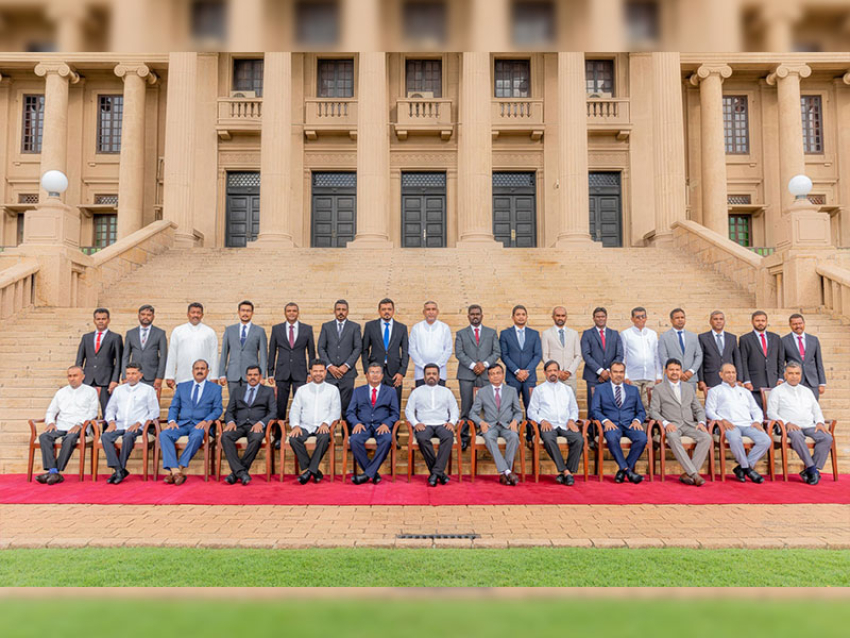New Tax Revenue Act No. 24 of 2017 is being implemented now and it will change the tax policies of several sectors. According to the Finance Minister Mangala Samaraweera the act will ease the burden on the low-income people and effectively implement the revenue laws on the high-income group. The Minister earlier said the main objective of the new Inland Revenue Act is to simplify the tax system in order to create an investor friendly environment that will attract more foreign direct investments. He says the present tax system in place is complicated and that investors find it difficult to understand.
The Act will reduce the indirect taxes levied from the people from 80% to 60% and increase the direct taxes from 20% to 40% within three years. The Minister notes that there has been no increase in tax revenue in parallel to the rise in the country's income and Sri Lanka's tax revenue remains low when compared to other countries in the region.
According to him, the new Inland Revenue act will make it obligatory for eligible taxpayers to pay their taxes. However people earning an annual income below Rs. 1.2 million (Rs. 100,000 per month) will not be taxed under the new act. However, taxes will be imposed at 4% on incomes from Rs. 100,000 to Rs. 150,000, 8% from Rs 200,000 to Rs 250,000, 12% from Rs. 250,000 to Rs. 300,000. 16% from Rs. 300,000 and 20% on incomes from Rs. 300,000 to Rs. 350,000. For income above Rs. 350,000 the tax rate would be 24%.
The tax will be charged on the employees' total income including salaries, commissions, overtime allowances, bonuses, transport and other allowances, rentals for rent, electricity and telephone allowances, entertainment allowances, and a variety of other allowances.However, the Employees Provident Fund and the pension have been exempted from the taxes.
In addition, a 5 percent tax is levied on the interest earnings on bank deposits in the country and on the money received from overseas workers.A tax has also been introduced on the profits from the sale of a properties including houses and vehicles. The Capital Gain Tax will be 10% of the profits and will be calculated based on the market price of the property on 30th September 2017. However, if the payee lived in the property for more than 3 years, the tax will be exempted.




















